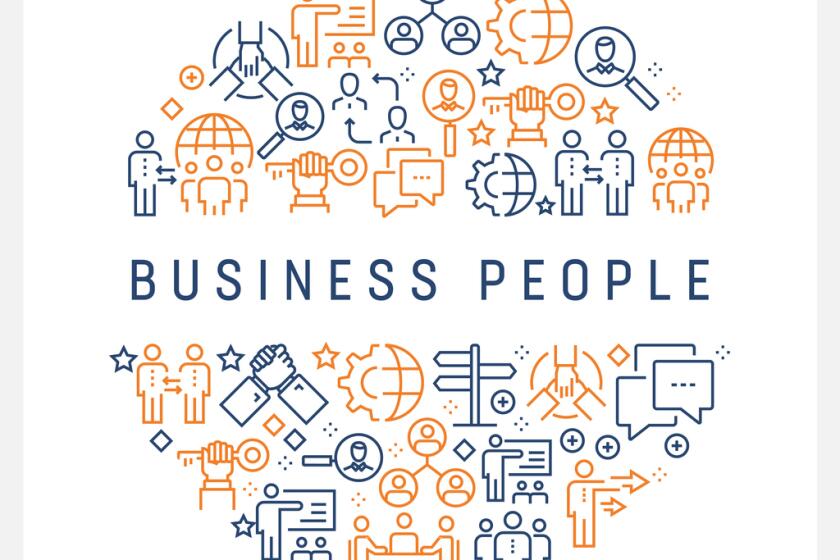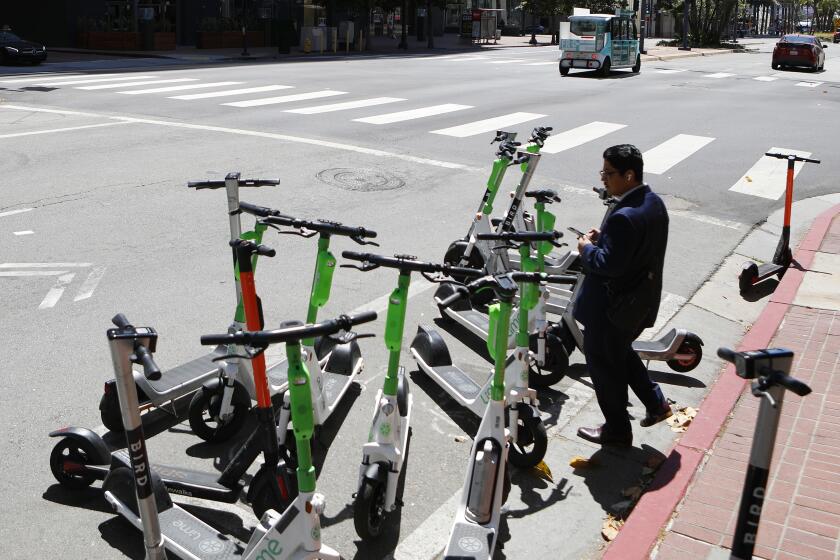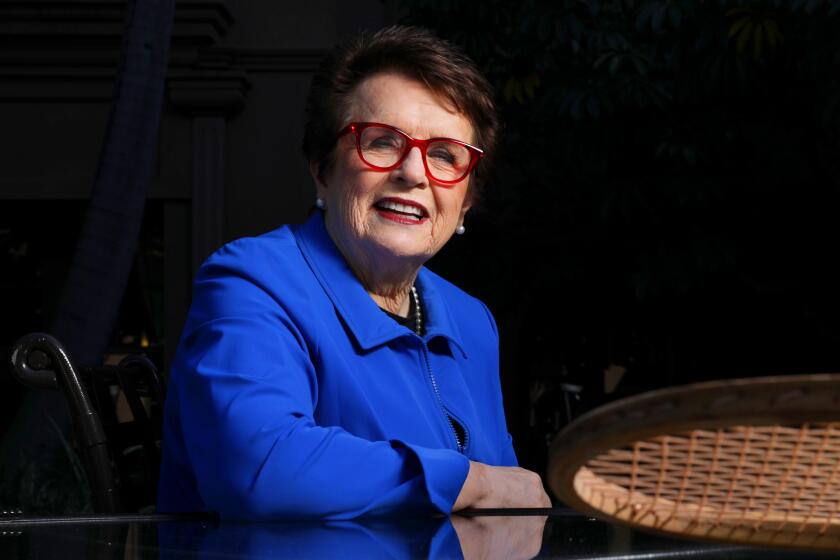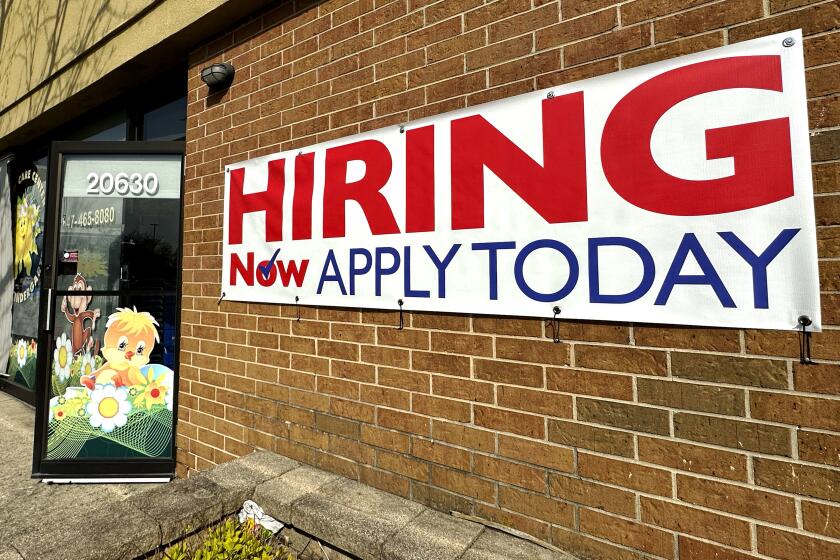Balancing purpose and profit: Why companies are seeking B Corporation status

George Floyd. Climate Change. #MeToo. COVID.
The world has changed, and businesses of all kinds are now facing intense pressure to increase their social responsibility. And that has led to the rise of the certified B Corporation, a unique designation that allows a corporation to finally jettison the old business school mantra that the sole obligation of a company is to maximize returns to the shareholders. That song does not sing anymore.
Going forward, the corporate world is being forced to look seriously at how to meet standards for social and environmental performance, transparency and accountability. Since 2007, 4,000 companies around the world have earned that B Lab label, up from 828 in 2015. This designation, which requires an intensive internal assessment process, was developed because of the belief that society’s problems can’t be solved by government and nonprofits alone. As the saying goes, we all need to be in this together.
The San Diego area includes 18 certified B Corporations. I talked with a few of them about why they made the effort to earn that designation and its impact on their company.
Tori Callahan, chief of staff and head of sustainability and stakeholder impact, Classy.org, software for non-profits. Became a B Corporation in 2020.
We’ve always believed that impact innovation should be a key part of our business model.
Doing good is not just an outcome of our product, it extends into who we are. Becoming a B Corporation was validation of the steps we had taken as a company and gave us a roadmap.
It has helped us with attracting and retaining employees. The job market for tech companies is hot and competitive. We were thinking how do we stand out, why would someone come to work for Classy. Our B Corporation designation plays a big role because it’s a differentiator. It says that if you work here, you’re buying into our mission and our core values. You’re coming into an environment, which cares about your health and well-being.
David Lynn, co-founder and CEO, Mission Driven Finance, impact investment firm. Became a B Corporation in 2018.
We set out to try and change the way things are working in the capital system, particularly to address people who are left behind. We wanted to bake our values into the company, and we saw that becoming a B corporation was a great way to ensure this with credibility. It forces you to codify a lot of things regarding employees and governance structure. For example, we started an internship fellowship program to bring people onto our team with diverse labored and lived experience to give them an opportunity in the finance industry which has been closed to them.
Darcy Shiber-Knowles, director of sustainability & innovation, Dr. Bronner’s, family soapmakers. Became a B Corporation in 2015.
We are happy to be a B Corp. The B “impact assessment” helps us to determine where we can continue to improve in our ability to have a positive impact. A significant benefit is being a part of a community of like-minded businesses across all industries and around the world, with whom we can share best practices and collaborate. Examples of collaboration or shared learnings with others include improved employee benefits, packaging innovation to advance sustainability, supply chain developments, and working together on campaigns to engage employees and consumers. We recently worked with fellow B Corps on the #Call4ClimateNOW campaign to encourage employees and consumers to call elected officials in Congress to ask them to take bold climate action.
Kristin Carroll, CEO, Rescue/The Behavior Change Agency. Became a B Corporation in 2014.
Becoming a B Corporation was one of my first priorities after joining Rescue as CEO. Rescue’s mission of making healthy behaviors easier and more appealing has always been core to what we do and how we do it and 100 percent of our work since inception has been focused on improving health outcomes. It was important to make sure that this would always be the case. I had personally seen how business stress can force a company to make short-term decisions that sacrifice the long-term mission and impact. Becoming a B Corp was a public declaration of our commitment to making our mission central to how we make decisions.
Rule No. 687: Yes, Virginia, you can do good and do well.
Neil Senturia and Barbara Bry are married, serial entrepreneurs who invest in early stage technology companies. You can hear their weekly podcast on innovation and entrepreneurship at www.imthereforyoubaby.com. Please email ideas to Neil at neil@blackbirdv.com.
Get U-T Business in your inbox on Mondays
Get ready for your week with the week’s top business stories from San Diego and California, in your inbox Monday mornings.
You may occasionally receive promotional content from the San Diego Union-Tribune.






